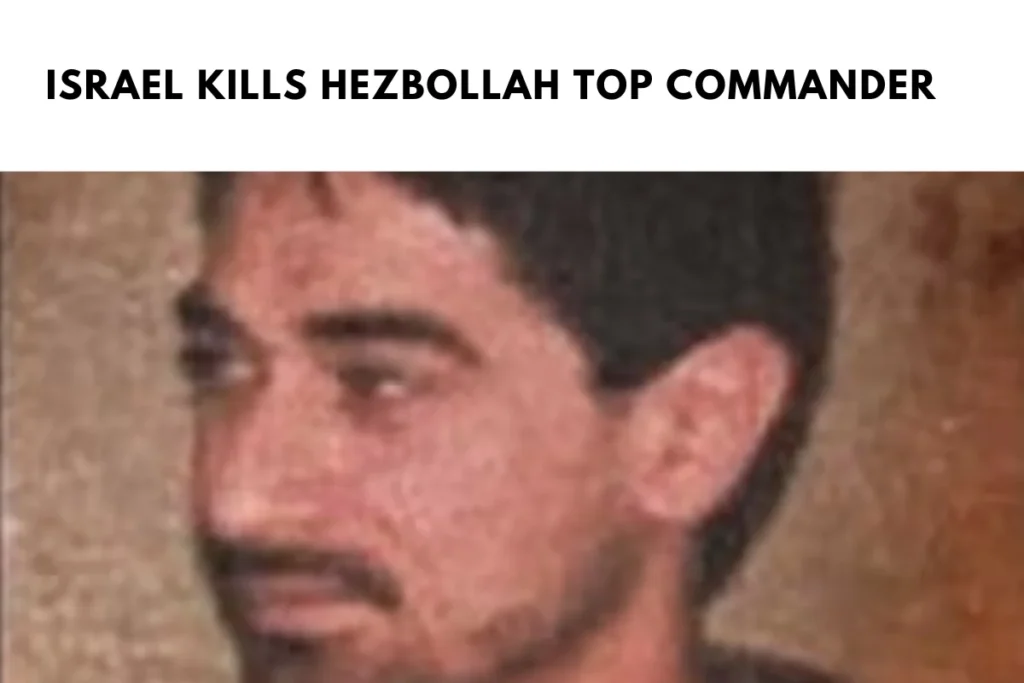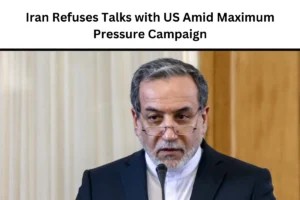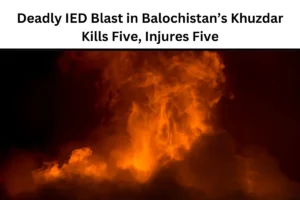
Israel Kills Top Hezbollah Commander in Beirut Strike
An Israeli airstrike hit Beirut’s southern suburbs on Friday, killing a high-ranking Hezbollah commander, Ibrahim Aqil. According to two security sources, Aqil was the target of the attack. He served on Hezbollah’s top military body and was killed alongside members of the elite Radwan Unit during a meeting.
Escalating Conflict
The strike marked a sharp escalation in the ongoing year-long conflict between Israel and Hezbollah, an Iran-backed militant group. In total, eight people were killed, and 59 others were injured, according to Lebanon’s health ministry. This incident comes after a devastating attack earlier in the week that left 37 dead when pagers and walkie-talkies used by Hezbollah members exploded. Many believe Israel carried out that attack, though it has neither confirmed nor denied involvement.
Another Blow to Hezbollah
This is the second time in two months that Israel has targeted a leading Hezbollah military commander. In July, Israeli airstrikes killed Fuad Shukr, another top Hezbollah figure. Aqil, who had a $7 million bounty on his head from the U.S. for his role in the 1983 bombing of Marines in Lebanon, is the latest to be killed.
Rescuers on the Ground
Following Friday’s strike, Lebanon’s civil defense said rescue teams were searching for people trapped under the rubble of two buildings. The attack left parts of Beirut in ruins, with streets littered with rubble and burned-out cars. Footage from the scene showed the damage inflicted by the strike.
Israel’s Military Response
The Israeli military confirmed it carried out a “targeted strike” but did not provide further details. Soon after the attack, warning sirens were heard in northern Israel. Heavy rocket fire was reported in the region, with Hezbollah claiming it had fired Katyusha rockets at an Israeli intelligence base in retaliation.
Rising Tensions
The airstrike is part of a series of escalating military actions between Israel and Hezbollah, particularly ignited by the ongoing Gaza conflict. On Thursday, Israel conducted its most intense airstrikes in southern Lebanon in almost a year. These actions have raised concerns about a wider war breaking out, especially as tensions continue to rise along the Israel-Lebanon border.
International Response
In response to the escalating conflict, Britain’s foreign minister chaired an emergency meeting to assess the situation. Meanwhile, U.S. officials, including White House national security spokesman John Kirby, urged Americans to avoid traveling to Lebanon. Kirby emphasized the importance of avoiding further conflict and preventing a broader war in the region.
Conclusion
The ongoing conflict between Israel and Hezbollah shows no signs of de-escalating. With high-profile figures being targeted and both sides intensifying their military efforts, fears of a wider conflict loom large over the region.
for more updates follow ANN MEDIA on facebook , X , Instagram and Linkedin
(DISCLAIMER : Except Headline nothing is written by ANN Media )







